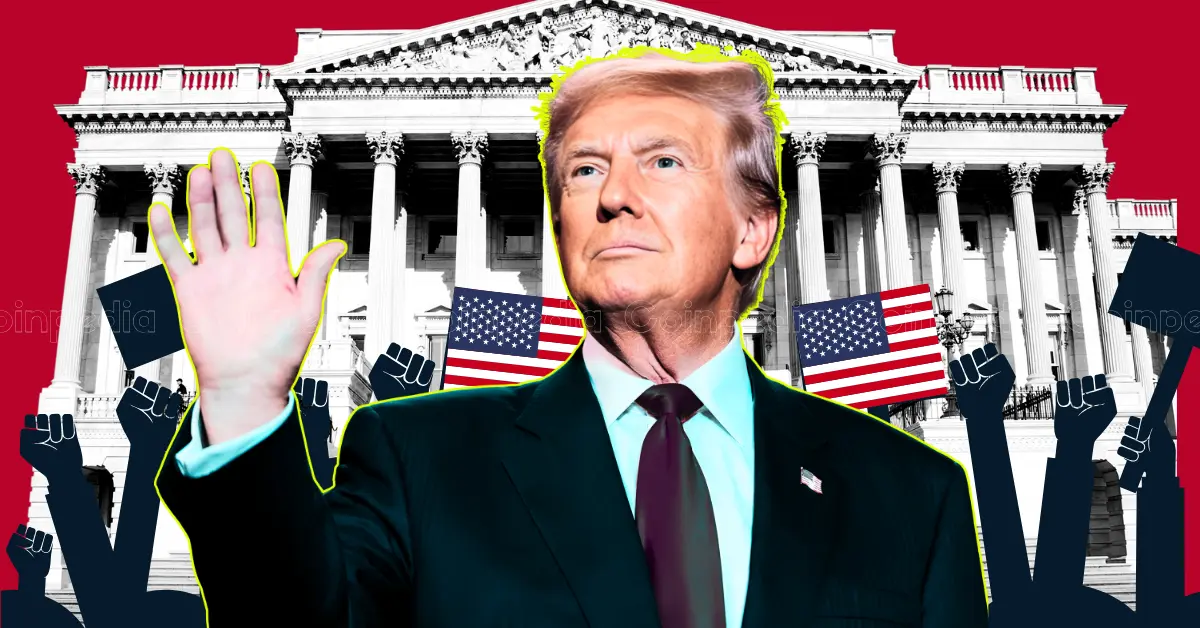Hong Kong has announced the reactivation of its investment immigration program, setting a new entry threshold and expanding the scope of eligible investments. Nearly, after an eight-year interval, the “Capital Investment Entrant Scheme” is back in action with an updated entry bar set at around 30 million yuan (approximately US$3.84 million).
This revamped program emerges as part of Hong Kong’s larger effort to attract family offices and wealthy individuals by offering a tax-friendly environment and potential immigration perks.
Reflecting changes in the global investment landscape, the government’s program distinctly excludes real estate investment—a move contrary to the previous iterations of such schemes. This shift aligns with wider regulatory changes across the financial sector, particularly concerning digital assets.
Embracing Digital Currencies
Duncan Chiu, Legislative Council member, has proposed integrating Bitcoin purchased through licensed Hong Kong exchanges into the investment program. This initiative underscores the region’s progressive stance on virtual assets, recognizing their legitimacy and potential to contribute to the economy.
Tax Partner at PwC Hong Kong, Raymond Wong, suggests broadening the types of assets that qualify for tax breaks. The proposed expansion includes investments in non-traditional assets like art, wine, and digital currencies, which are currently not covered under the existing tax concession framework.
The current tax regime caps tax-exempt income from interest-bearing assets at 5% of total income. With many family offices holding substantial interest-earning assets, there’s a push to revise this limit to better reflect the financial strategies of high net worth entities.
Competing on the Global Stage
Hong Kong is competing against established family office hubs like Singapore and Dubai. With over 1,000 family offices, Singapore sets a high benchmark that Hong Kong aims to meet—if not surpass—by enhancing its policy attractiveness and political stability.
As the global geopolitical climate evolves, Hong Kong positions itself as a safe haven for Middle Eastern wealth, with plans to deepen business relations and trust within the region’s business community.
The goal is not just to increase the number of family offices in Hong Kong but to encourage substantive investment in the region’s economy. With targets set for establishing or expanding 200 family offices by 2025, Hong Kong is optimistic about its appeal to the world’s elite.
Credit: Source link















































